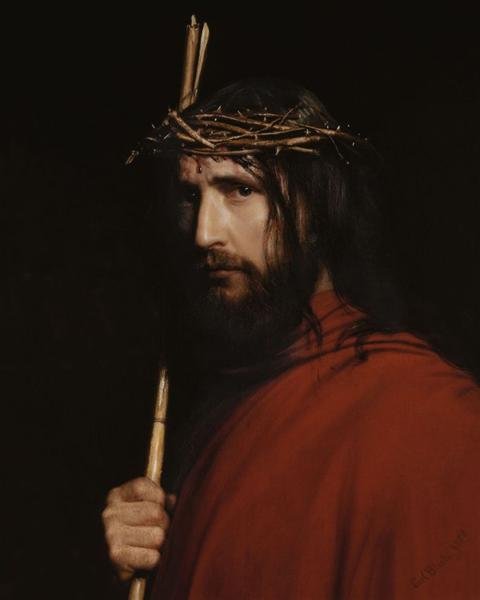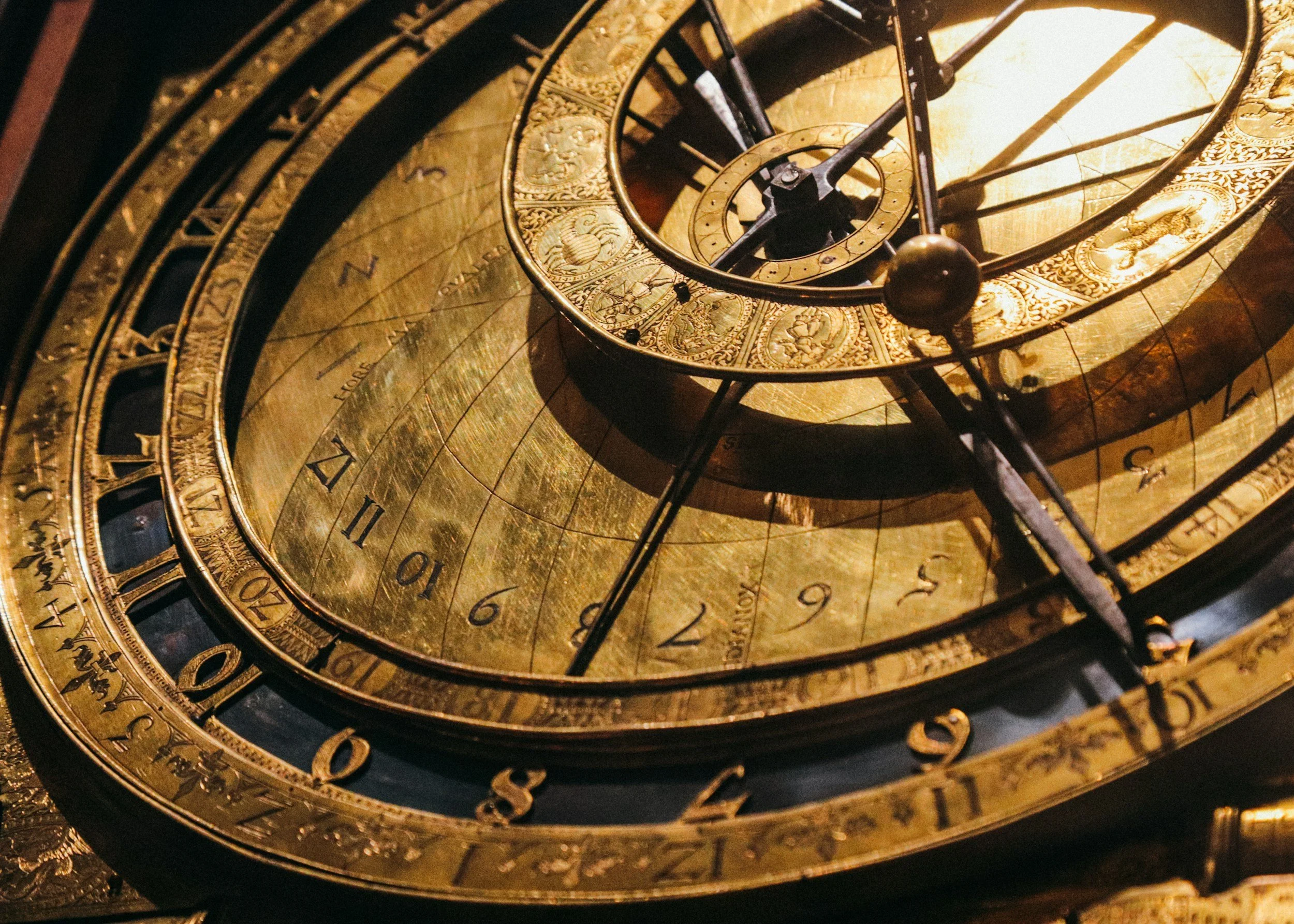Dear Parishioners:
Our joyful celebration of Easter was dampened on Monday morning as we learned of the death of our beloved Holy Father, Pope Francis. His final message was delivered at the Urbi et Orbi address on Easter Sunday:
"Christ is risen, alleluia! Dear brothers and sisters, Happy Easter! Today at last, the singing of the "alleluia" is heard once more in the Church, passing from mouth to mouth, from heart to heart, and this makes the people of God throughout the world shed tears of joy. From the empty tomb in Jerusalem, we hear unexpected good news: Jesus, who was crucified, "is not here, he has risen" (Lk 24:5). Jesus is not in the tomb, he is alive!
Love has triumphed over hatred, light over darkness, and truth over falsehood. Forgiveness has triumphed over revenge. Evil has not disappeared from history; it will remain until the end, but it no longer has the upper hand; it no longer has power over those who accept the grace of this day.
Sisters and brothers, especially those of you experiencing pain and sorrow, your silent cry has been heard, and your tears have been counted; not one of them has been lost! In the passion and death of Jesus, God has taken upon himself all the evil in this world and in his infinite mercy has defeated it. He has uprooted the diabolical pride that poisons the human heart and wreaks violence and corruption on every side. The Lamb of God is victorious! That is why, today, we can joyfully cry out: "Christ, my hope, has risen!" (Easter Sequence).
The resurrection of Jesus is indeed the basis of our hope. For in the light of this event, hope is no longer an illusion. Thanks to Christ — crucified and risen from the dead — hope does not disappoint! Spes non confundit! (cf. Rom 5:5). That hope is not an evasion, but a challenge; it does not delude, but empowers us.
All those who put their hope in God place their feeble hands in his strong and mighty hand; they let themselves be raised up and set out on a journey. Together with the risen Jesus, they become pilgrims of hope, witnesses of the victory of love and of the disarmed power of Life.
Christ is risen! These words capture the whole meaning of our existence, for we were not made for death but for life. Easter is the celebration of life! God created us for life and wants the human family to rise again! In his eyes, every life is precious! The life of a child in the mother's womb, as well as the lives of the elderly and the sick, who in more and more countries are looked upon as people to be discarded.
In the Lord's Paschal Mystery, death and life contended in a stupendous struggle, but the Lord now lives forever (cf. Easter Sequence). He fills us with the certainty that we too are called to share in the life that knows no end, when the clash of arms and the rumble of death will be heard no more. Let us entrust ourselves to him, for he alone can make all things new (cf. Rev. 21:5)! Happy Easter to everyone!"
Upon his death, an official period of mourning for nine days began on Monday. The Church now enters a period known as "sede vacante" — a Latin phrase that translates to "empty seat" or "vacant seat" — when the Throne of Saint Peter is unoccupied.
The College of Cardinals will temporarily take over and assume limited powers led by the camerlengo or chamberlain. The American-Irish-born Cardinal Kevin Farrell, the Church's current camerlengo, runs the Holy See's administration and finances, otherwise known as the Catholic Church's government. Under the Vatican's procedures, a "conclave," a meeting where cardinals vote on the next pontiff, must start 15 to 20 days after Pope Francis' death.
Let us pray for Pope Francis: "Lord, we give thanks for the life and ministry of Pope Francis, your faithful servant who guided your Church with wisdom, love, and compassion. We ask for your mercy upon his soul, that he may rest in eternal peace with the saints. As we mourn his passing, we pray for the Church, your Bride, that she may be strengthened and sustained in his absence. Grant us wisdom, unity, and love so that we may continue to build your Kingdom together as one body in Christ."
























